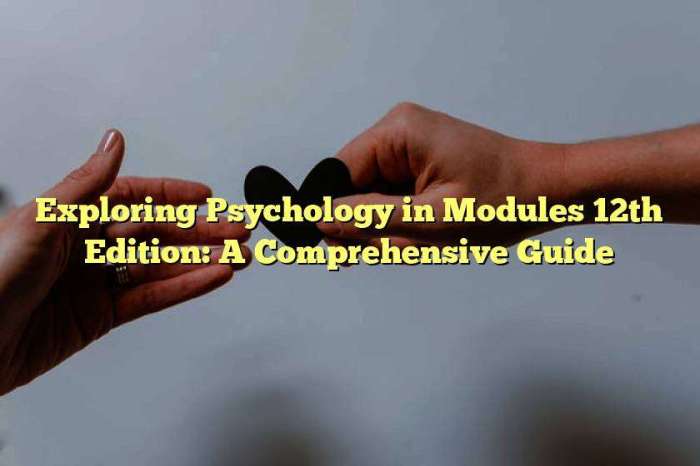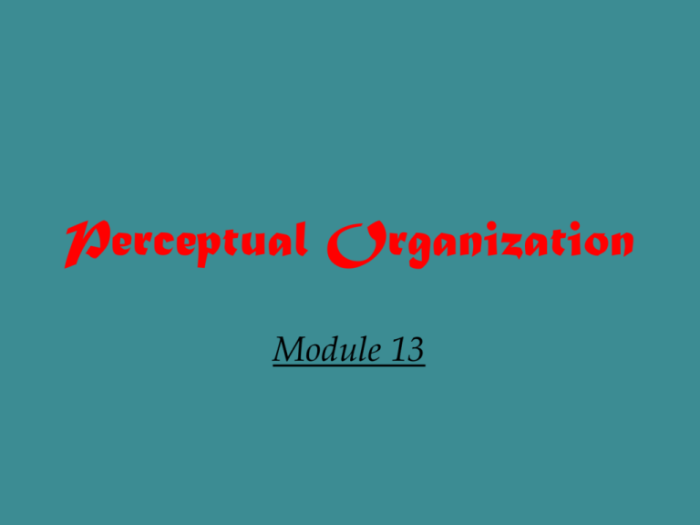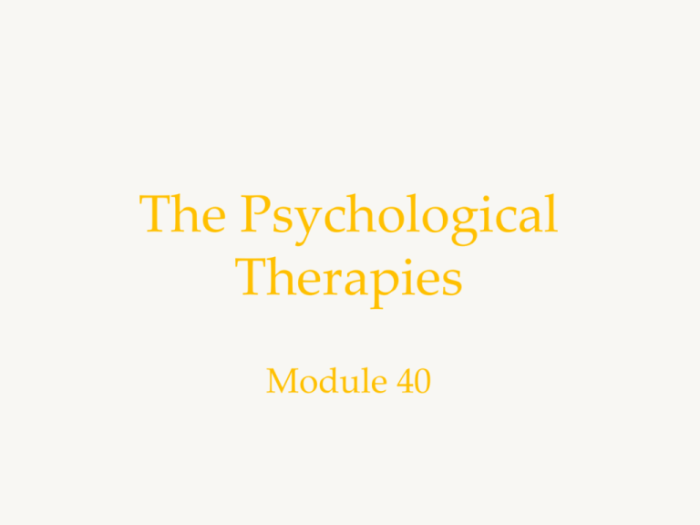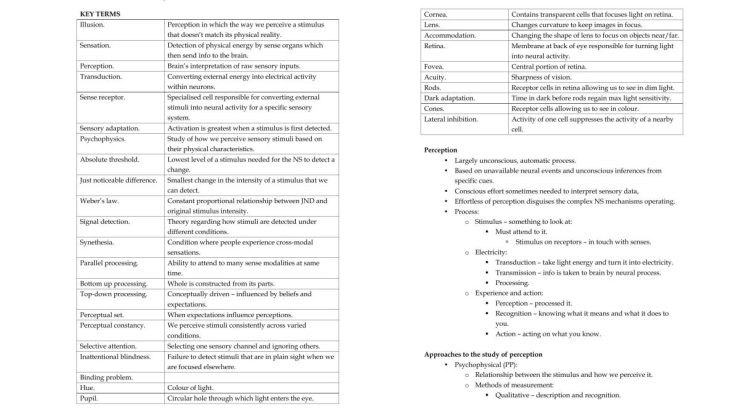Exploring psychology in modules 12th edition – Exploring Psychology in Modules: 12th Edition embarks on an enthralling exploration of the human mind, delving into its complexities and unraveling the intricate tapestry of psychological phenomena.
This comprehensive guide provides a panoramic view of psychology, encompassing key concepts, research methodologies, biological foundations, and the multifaceted aspects of human behavior. With its engaging narrative and in-depth analysis, Exploring Psychology in Modules invites readers to embark on a profound journey of self-discovery and understanding.
Key Concepts and Theories

Exploring Psychology in Modules 12th Edition introduces students to the major concepts and theories that form the foundation of psychology. These concepts and theories provide a framework for understanding the complex nature of human behavior and mental processes.
One of the key concepts explored in the text is the mind-body connection. This concept refers to the intricate relationship between the physical body and the mind, and how they influence each other. Another important concept is consciousness, which refers to our subjective awareness of our own thoughts, feelings, and experiences.
The text also delves into the different perspectives that psychologists use to study human behavior. These perspectives include the biological perspective, which focuses on the role of the brain and nervous system in behavior; the cognitive perspective, which focuses on mental processes such as thinking, learning, and memory; and the sociocultural perspective, which focuses on the influence of social and cultural factors on behavior.
In addition to these key concepts, the text also explores a wide range of psychological theories, including:
- Behaviorism, which focuses on the role of observable behavior in understanding human psychology.
- Psychoanalysis, which focuses on the role of unconscious processes in shaping behavior.
- Humanistic psychology, which emphasizes the importance of personal growth and self-actualization.
- Cognitive psychology, which focuses on the role of mental processes in understanding human behavior.
- Social psychology, which focuses on the influence of social and cultural factors on behavior.
These theories provide a comprehensive framework for understanding the complex nature of human behavior and mental processes.
Research Methods in Psychology: Exploring Psychology In Modules 12th Edition
Exploring Psychology in Modules 12th Edition provides a comprehensive overview of the different research methods used in psychology. These methods allow psychologists to collect and analyze data in order to test hypotheses and develop theories about human behavior.
One of the most common research methods in psychology is the experiment. Experiments allow researchers to control the conditions under which a behavior occurs, which makes it possible to determine the cause-and-effect relationship between variables. Another common research method is the survey, which involves asking people questions about their thoughts, feelings, and behaviors.
In addition to experiments and surveys, psychologists also use a variety of other research methods, including:
- Observational studies, which involve observing people in their natural environment.
- Case studies, which involve studying a single individual in depth.
- Correlational studies, which involve examining the relationship between two or more variables.
- Meta-analyses, which involve combining the results of multiple studies to draw conclusions about a particular topic.
Each of these research methods has its own strengths and weaknesses. The choice of which method to use depends on the specific research question being asked.
Biological Bases of Behavior

Exploring Psychology in Modules 12th Edition explores the role of the brain and nervous system in behavior. The text provides a comprehensive overview of the different structures and functions of the brain, and how they contribute to our thoughts, feelings, and behaviors.
One of the most important structures in the brain is the cerebral cortex. The cerebral cortex is responsible for higher-order cognitive functions such as thinking, learning, and memory. Another important structure is the limbic system, which is responsible for emotions and motivation.
In addition to the brain, the nervous system also plays a vital role in behavior. The nervous system is responsible for transmitting messages between the brain and the rest of the body. It also plays a role in regulating bodily functions such as breathing, heart rate, and digestion.
The biological bases of behavior are complex and multifaceted. However, by understanding the role of the brain and nervous system, we can gain a better understanding of how our thoughts, feelings, and behaviors are shaped.
Sensation and Perception
Exploring Psychology in Modules 12th Edition explores the processes of sensation and perception. Sensation refers to the process of receiving sensory information from the environment, while perception refers to the process of interpreting and organizing that information.
There are five senses: sight, hearing, smell, taste, and touch. Each sense has its own specialized receptors that are responsible for detecting different types of stimuli. For example, the eyes contain receptors that are sensitive to light, while the ears contain receptors that are sensitive to sound.
Once sensory information is detected, it is transmitted to the brain where it is processed and interpreted. This process is known as perception. Perception is influenced by a number of factors, including our past experiences, our expectations, and our current emotional state.
Sensation and perception are essential for our survival. They allow us to interact with our environment and to make sense of the world around us.
Learning and Memory

Exploring Psychology in Modules 12th Edition explores the different types of learning and memory. Learning is the process of acquiring new knowledge and skills, while memory is the process of storing and retrieving that information.
There are two main types of learning: classical conditioning and operant conditioning. Classical conditioning is a type of learning that occurs when two stimuli are repeatedly paired together. After a while, the organism learns to associate the two stimuli, and the conditioned stimulus will elicit the same response as the unconditioned stimulus.
Operant conditioning is a type of learning that occurs when a behavior is followed by a consequence. If the consequence is positive, the behavior is more likely to be repeated. If the consequence is negative, the behavior is less likely to be repeated.
Memory is the process of storing and retrieving information. There are two main types of memory: short-term memory and long-term memory. Short-term memory is a temporary store of information that can be held for a few seconds or minutes. Long-term memory is a more permanent store of information that can be held for days, weeks, or even years.
Learning and memory are essential for our survival. They allow us to learn from our experiences and to adapt to our environment.
Key Questions Answered
What are the key concepts explored in Exploring Psychology in Modules: 12th Edition?
The text covers a wide range of fundamental concepts, including perception, learning, memory, motivation, emotion, personality, and social psychology.
How does the book approach research methods in psychology?
Exploring Psychology in Modules provides a thorough examination of various research methodologies, discussing their strengths, weaknesses, and applications in advancing our understanding of psychological phenomena.
What is the significance of the biological bases of behavior discussed in the book?
The text emphasizes the crucial role of the brain and nervous system in shaping behavior, exploring the influence of genetics and biological factors on psychological processes.
